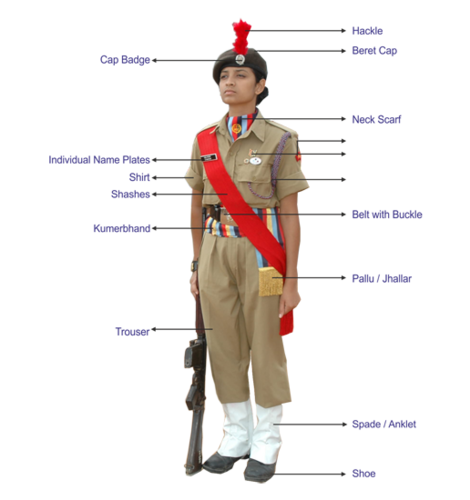Diwali .... a festival of lighting
Diwali .... a festival of lighting
Welcome to my blog and thank you for this much support. So let's start. Today's blog is based on "Diwali... a festival of light". Deepavali is the Hindu festival of lights, which is celebrated every autumn in the northern hemisphere. One of the most popular festivals of Hinduism, Diwali or Deepavali (in Karnataka, Maharashtra, Andra Pradesh, Telangana, Tamil Nadu, and Kerala) symbolizes the spiritual "victory of light over darkness, good over evil and knowledge over ignorance". During the celebration, temples, homes, shops and office buildings are brightly illuminated. The preparations, and rituals, for the festival typically last five days, with the climax occurring on the third day coinciding with the darkest night of the Hindu Lunisolar month Kartika. In the Gregorian calendar, the festival generally falls between mid-October and mid-November. The religious significance of Diwali varies regionally within India. The festival is associated with a diversity of deities, traditions, and symbolism. These variations, states Constance Jones, may reflect diverse local autumn harvest festivals that fused into one pan-Hindu festival with a shared spiritual significance and ritual grammar while retaining local traditions.
During the climax, revellers adorn themselves in their finest clothes, illuminate the interior and exterior of their homes with diyas (oil lamps or candles), offer puja (worship) to Lakshmi, the goddess of prosperity and wealth, light fireworks, and partake in family feasts, where mithai (sweets) and gifts are shared. Diwali is also a major cultural event for the Hindu and Jain diaspora from the Indian subcontinent.
The Diwali festival is likely a fusion of harvest festivals in ancient India. It is mentioned in Sanskrit texts such as the Padma Purana, the Skanda Purana both of which were completed in the second half of the 1st millennium CE. The diyas (lamps) are mentioned in Skanda Kishore Purana as symbolizing parts of the sun, describing it as the cosmic giver of light and energy to all life and which seasonally transitions in the Hindu calendar month of Kartik. Diwali was also described by numerous travelers from outside India. In his 11th century memoir on India, the Persian traveler and historian Al Biruni wrote of Deepavali being celebrated by Hindus on the day of the New Moon in the month of Kartika. The Venetian merchant and traveler Niccolò de' Conti visited India in the early 15th-century and wrote in his memoir, "on another of these festivals they fix up within their temples, and on the outside of the roofs, an innumerable number of oil lamps... which are kept burning day and night" and that the families would gather, "clothe themselves in new garments", sing, dance, and feast. The 16th-century Portuguese traveler Domingo Paes wrote of his visit to the Hindu Vijayanagara Empire, where Dipavali was celebrated in October with householders illuminating their homes, and their temples, with lamps. Diwali is a five-day festival, the height of which is celebrated on the third day coinciding with the darkest night of the lunar month. During the festival, Hindus, Jains, and Sikhs illuminate their homes, temples, and workspaces with diyas, candles, and lanterns Hindus, in particular, have a ritual oil bath at dawn on each day of the festival.
Diwali is also marked with fireworks and the decoration of floors with rangoli designs. Food is a major focus with families partaking in feasts and sharing mithai. The festival is an annual homecoming and bonding period not only for families, but also for communities and associations, particularly those in urban areas, which will organize activities, events, and gatherings. Many towns organize community parades and fairs with parades or music and dance performances in parks. Some Hindus, Jains, and Sikhs will send Diwali greeting cards to family near and far during the festive season, occasionally with boxes of Indian confectionery.
We all know that because of firecrackers, the environment becomes very polluted. Therefore, you are requested to take care of your happiness as well as the environment. Keep the sanity around today.
" मुस्कुराते हँसते दीप तुम जलाना, जीवन में नई खुशियों को लाना,
दुख दर्द अपने भूल कर,
सबको गले लगाना,और प्यार से ये दीवाली मनाना "
If you like my blog please share my blog with your friends.
for my next blog stays tuned.
for suggestion kindly reach me out :
mail id: arpitmishra1629.ftp@gmail.com
Contact no: 8127430702
follow me on Instagram: @arpit_mishra29999







Comments
Post a Comment